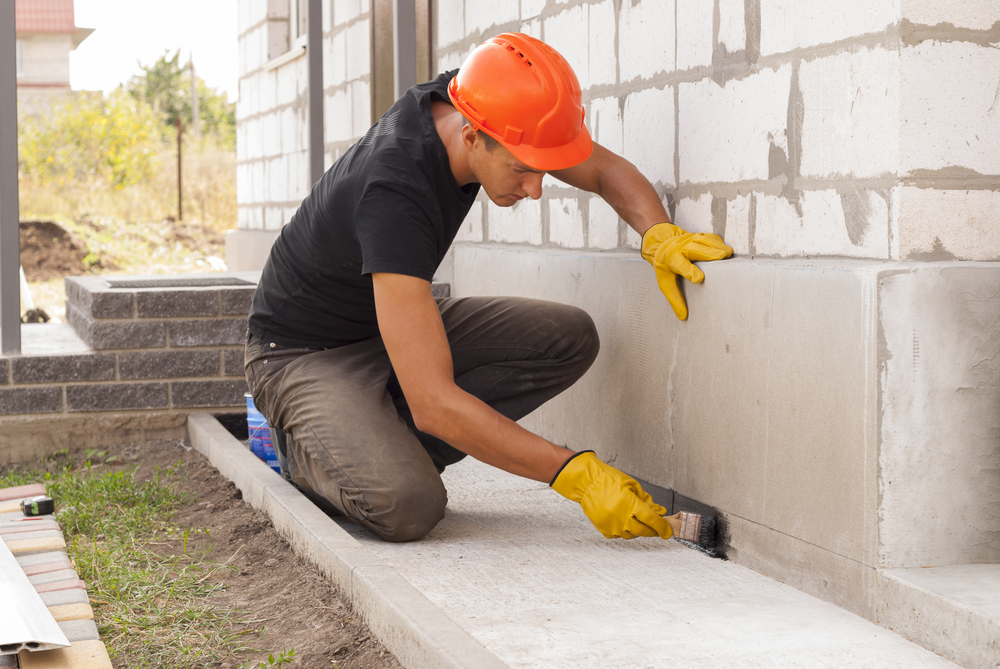Does my home insurance cover foundation damage?

The quick answer to the question “is foundation damage covered by your homeowners insurance” is yes. In most cases any damage to your foundation would be covered unless it is specifically excluded in the policy wording. It should be noted that damage from flooding or earthquakes is almost always excluded from a standard homeowner’s insurance policy.
In order for your foundation damage to be repaired by your insurance company, the damage must be caused by a covered peril. Here is a quick list of perils that are covered by most standard homeowner insurance policies, if your foundation damage was caused by any of these perils that should be covered:
- Lightning or fire
- Windstorm
- Damage caused by aircraft
- Explosions
- Riots or civil disturbances
- Damage caused by vehicles
- Vandalism
- Falling objects
- Volcanic eruption
- Collapse from the weight of snow, ice or sleet
- Water damage from plumbing, heating or air conditioning overflow
Foundation damage that isn’t covered
While foundation damage is often covered, there are circumstances where the damage would not be covered and you will have to pay for the repairs out of pocket. Here are a few situations where the damage to your foundation would not be covered by your homeowners insurance policy:
- Natural settling, cracking, shrinking, bulging or expansion of the foundation
- Earthquakes or floods
- Pressure from tree roots
- Faulty construction
Flood and earthquake damage is almost always excluded from a standard homeowner’s insurance policy. If you live in an area where earthquakes or floods are common you will need to carry a separate flood or earthquake policy to fully protect your home.
What to do if your foundation damage is not covered by homeowners insurance?
In most cases there will be very few options besides paying for the damage out of pocket if it isn’t covered by insurance. If you can convince your insurance company that the damage was actually caused by a covered peril your insurance company may pay to cover the damage but, in most situations, if the damage is caused by peril that is not covered by your policy you will have to pay for the damage yourself.
When dealing with foundation damage it is always a good idea to hire a contractor or foundation specialist who can explain what caused the damage as well as what is needed to repair it.
Preventing foundation damage
There are a variety of measures you can take to help keep your homes foundation solid. Here are a few ways to help prevent damage to your home’s foundation:
Shifting soil: Foundation damage is often caused by shifting soil. This can be caused by the soil holding too much water after a heavy rain or flood. Making sure that water is quickly moved away from your foundation during heavy rainstorms can help prevent damage. Check your gutters and make sure they are clean and properly draining and that the soil is graded to slant away from your homes foundation which will keep water from pooling around the foundation.
Keep large trees and bushes at a distance: The roots of trees and other plants can damage your foundation. It is best to keep large trees away from the foundation of your house so you may want to remove any trees that are too close.
Have the foundation inspected: One of the best ways to deal with foundation issues is to not have a foundation issue in the first place. If you are purchasing a home make sure you have the foundation checked out by a professional and if they find any issues you may want to consider having a structural engineer take a look. Foundation issues can be expensive so it’s best to know about them before you purchase a home.
What are my coverage limits for foundation damage?
Foundation damage is typically covered up to your dwelling coverage limits. Most standard homeowner policies start at around $250,000 worth of dwelling coverage but your coverage limits may be higher or lower depending on how much it would cost to rebuild your home. While foundation damage can be very expensive to repair, it typically will not exceed $100,000, so in most cases your coverage limits should be sufficient to repair even extensive foundation damage.
